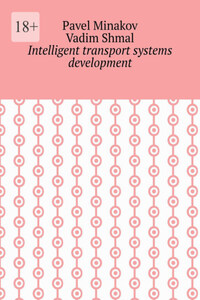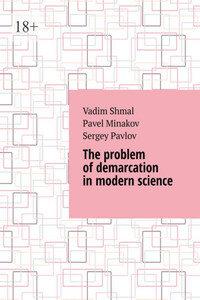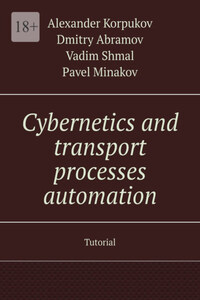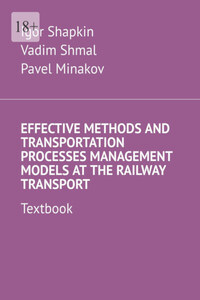Intelligent transport systems development
О книге
Авторы книги - Pavel Minakov, Vadim Shmal. Произведение относится к жанру прочая образовательная литература. Год его публикации неизвестен. Международный стандартный книжный номер: 9785005932662.
Аннотация
Pavel Minakov Ph. D. Associate ProfessorRUSSIAN UNIVERSITY OF TRANSPORT (MIIT).Vadim Shmal Ph. D. Associate ProfessorRUSSIAN UNIVERSITY OF TRANSPORT (MIIT).
Рекомендации для вас








